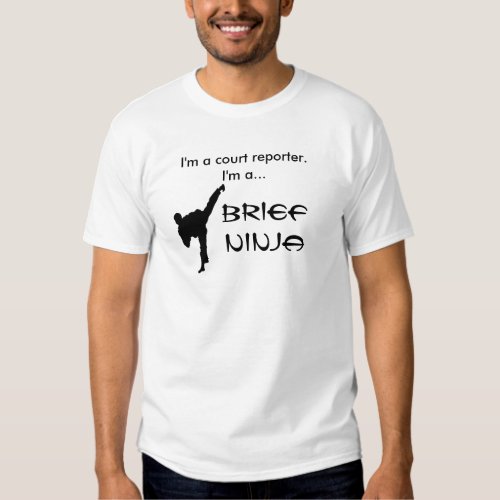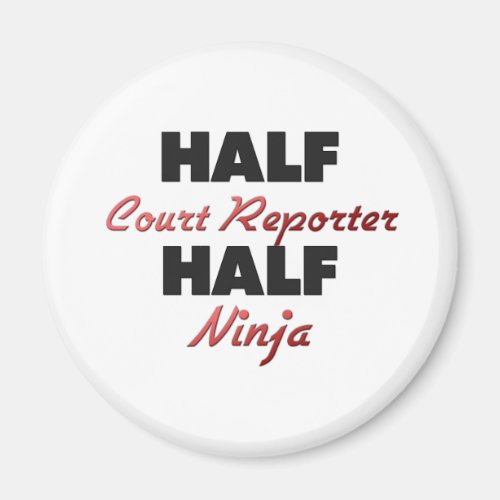Someone Smarter than me once Said: Write Short. Write Fast
Phoenix Theory, I have a love/hate relationship with you. I love that you’ve made me a conflict-free writer. I’ve never had a word boundary problem. We’ve had 11 great, albeit laborious years together. You’ve been all I’ve known. I didn’t know there was something bigger and better out there for me.
But does that mean I should just throw you out completely? Nah, I think you just need some tweaking.
I never was a briefer, it’s something I just wasn’t taught in school. I was encouraged to stroke everything out and not depend on briefs. Not good when simple everyday words like even, into, and behind are two strokers. I mean, the version of Phoenix I learned had two stroke contractions. (those were the first to get chucked by the way)
I’m sure you feel my pain.
When I first began transitioning to captioning I didn’t have to worry about being conflict free. My problem was that no matter how much I practiced, I just couldn’t gain any speed because getting a one stroke word at least once in a sentence was like winning the lottery with such a stroke-intensive theory like mine.
I have been practicing CNN Newsroom for about a year now. Me and Carol Costello have become pretty good buds. I did make briefs for words like “minimum wage,” “Homeland Security,” and “healthcare.gov,” you know, stuff that’s in the news a lot. Even with that, I still was dropping words, heck, whole sentences like nobody’s business. I was losing motivation. It started to feel like a hopeless cause. It wasn’t until about a month ago it dawned on me, why don’t I just brief the stupid small words?!
I’m slow, okay. So shoot me.
So now here I am a month later and I’ve got pages and pages of my handy dandy notebook filled with changes I’ve made to the small words in my dictionary. I go through them at least once a day. When I have extra slow depos I try to use them so they come naturally. I have to say it hasn’t taken as long for them to become automatic as I thought it would be.
The results? I’m flying through the news now. I still have drops here and there, but it’s no where near as much as I used to. I can now spend the extra milliseconds I’ve gained on the harder words.
I wish I would have learned a shorter theory, but in a way I’m glad that I learned to stroke things out, too. Because when a disease like Steele-Richardson Olszewski syndrome pops up I’m not staring like a deer in the headlights wondering, “OMG, what the heck do I do?!”
Now, I know there are two camps when it comes to briefs, some say briefs are a crutch, don’t depend on them; others treat briefs like their drug of choice. Give me a lot, and give it to me every day.
I’m somewhere in the middle. Briefs can be a lifesaver, especially if you have a multi-stroker theory like mine. But use them wisely:
1. Never use a word part for a brief.
2. You’re a stenographer, not a contortionist. Only use a brief that comes naturally to your fingers.
3. Practice your briefs every day until they’re automatic.
4. Briefs are awesome, but with awesome comes great responsibility. Always check your dictionary before adding a brief to make sure you’re not creating a conflict.
So I know all you spunky court reporters and captioners out there can probably shoot these words out of your fingers like gunfire, but just in case, here’s a small word list that are now one-stroke wonders for me.
Easy Court Reporter Briefs:
Structure STRUR
Ready READ
Later LAERT
Pretty PRAET
Manage MAFBG
Public PUBL
Into KPAO
Matter MAERT
Occur KAOR
Follow FLOEL
Better BAERT
Family FLAEL
Mistake SMAEUK
Major JOER
Body OBD
Couple KP-L
System SM-M
Money MOEUN
Many MAEN
Allege LAEJ
Ago AOG
Country KRAENT
Event VEANT
Ninja Court Reporting Shirt Personalized Steno Brief Ninja Court Reporting Classic White Coffee Mug
Personalized Steno Brief Ninja Court Reporting Classic White Coffee Mug Ninja Court Reporting Shirt
Ninja Court Reporting Shirt Half Court Reporter Half Ninja 2 Inch Round Magnet
Half Court Reporter Half Ninja 2 Inch Round Magnet Ninja Court Reporter Tees
Ninja Court Reporter Tees Half Court Reporter Half Ninja Classic White Coffee Mug
Half Court Reporter Half Ninja Classic White Coffee Mug







No Comments Yet